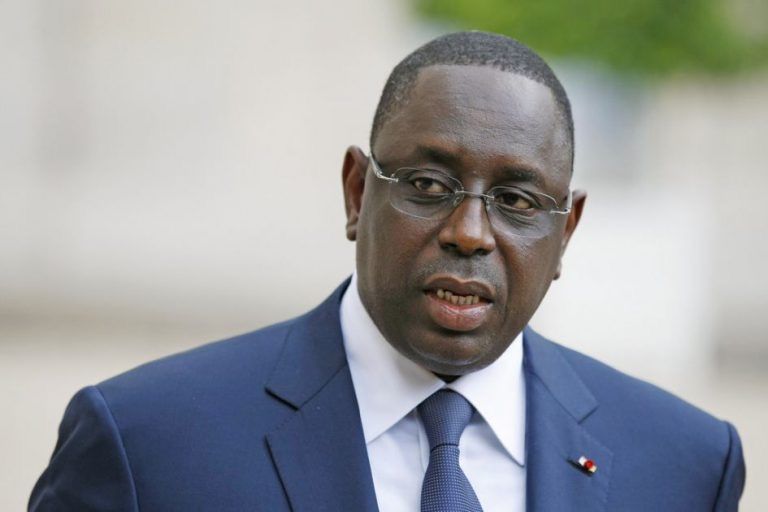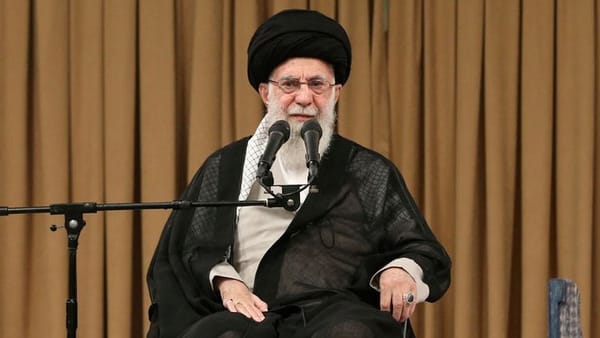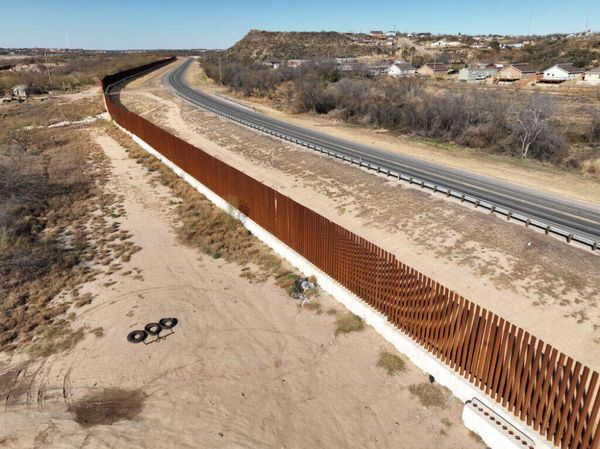Street Formerly Named After Faidgerbe Renamed After President Macky Sall in Senegal.

A street in Dakar's Plateau District, formerly named after Faidherbe,French colonial figure in West Africa, was changed to "Avenue du Président Macky Sall" on Sunday, October 29 to honor Senegalese President Macky Sall.
This avenue extends from the Regional Express Train station to the Bus Rapid Transit station, both of which were important projects initiated by the current president.
According to the current President of the Republic, the renaming of certain places is seen as an educational action. The President emphasizes the need for mayors to update the names of avenues, streets, and squares, as many of them still carry associations with a past that is outdated and even distressing. The President encourages choosing names that align more closely with our shared imagination and national heritage.
The ceremony held in the capital city was attended by important guests, including the Prime Minister and a candidate for the 2024 presidential election.
The decision to rename the street was made in July, 2023 to recognize President Sall as an esteemed leader. The initiative was led by Alioune Ndoye, the mayor of the Dakar-Plateau district and Minister for the Environment.
The issue of changing street names related to France's colonial history is currently a significant topic in Senegal.
Louis Léon César Faidherbe, a military figure in France, is recognized for his role in defending the northern part of the country during the war of 1870-1871. However, Senegalese people view him as a leader of the French colonial enterprise during the 1850s and 1860s and hold him accountable for violent colonial campaigns, killings, and the destruction of villages.
The avenue's new name highlights the intricate connection between history, politics, and public opinion in Senegal, especially during an important presidential election. Additionally, it emphasizes the significance of aligning public spaces symbolically with the country's changing identity and aspirations.





